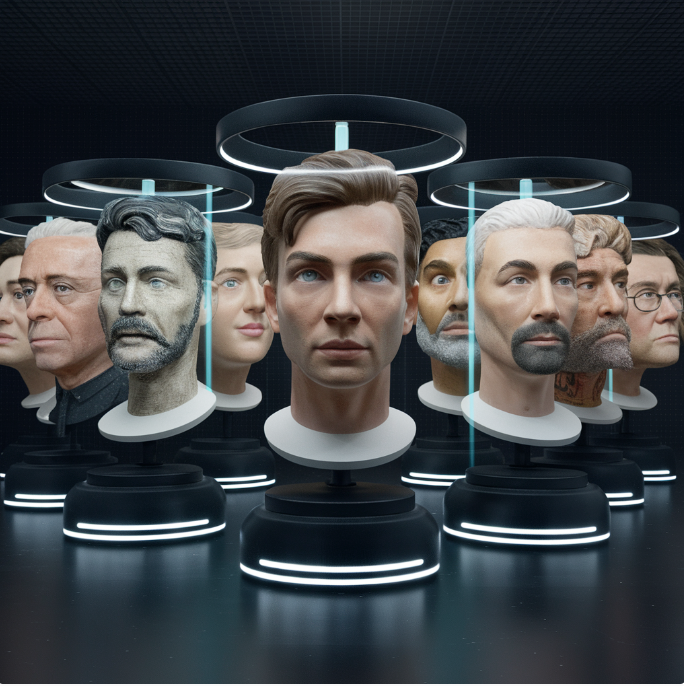Deepfake technology has rapidly become a powerful tool for creating realistic fake videos and audio recordings. While initially used for entertainment, its implications for misinformation, privacy, and security are profound. This article delves into deepfake technology, its potential uses, and its challenges, focusing on its relevance to a data science course in Hyderabad.
Understanding Deepfake Technology
Deepfake technology uses artificial intelligence (AI) algorithms and intense learning models to superimpose or replace one person’s likeness with another in videos or audio recordings. These algorithms examine vast amounts of data to learn a person’s facial and vocal nuances, enabling them to create convincing fake content. A Data Science Course in Hyderabad provides the foundational knowledge of AI and deep learning required to understand the workings of deep fake technology.
Potential Uses of Deepfake Technology
While deep fake technology has gained notoriety for its potential to spread misinformation and operate public opinion, it also has legitimate uses. In the entertainment industry, deep fake technology can create realistic visual effects and dubbing for movies and TV shows. Similarly, it helps in education to create interactive learning materials. A Data Science Course in Hyderabad can explore these potential uses while highlighting the ethical considerations involved.
Challenges and Concerns
One of the major concerns surrounding deepfake technology is that it is likely to deceive people and spread misinformation. Fake videos and audio recordings can help create political propaganda, impersonate individuals, or incite violence. Additionally, deepfake technology raises concerns about privacy and consent, as it can create fake content without the subject’s permission. A Data Science Course can delve into these ethical and legal implications, providing students with a comprehensive understanding of the challenges posed by deepfake technology.
Mitigating the Risks of Deepfake Technology
Researchers and policymakers are exploring various mitigation strategies to address the risks associated with deepfake technology. These include developing tools to detect deepfake content, implementing regulations to prevent its misuse, and raising awareness about its potential dangers. A lola beltrán net worth can educate students about these mitigation strategies and empower them to develop solutions that mitigate the risks associated with deepfake technology.
The Role of Data Science in Addressing Deepfake Challenges
Data science is crucial in addressing the challenges posed by deep fake technology. Using machine learning algorithms, data scientists can develop tools that detect and authenticate digital content, helping identify deep counterfeit videos and audio recordings. Additionally, data scientists can work on developing algorithms that enhance the security of digital content, making it more difficult to manipulate. A Data Science Course can equip students with the skills and knowledge to develop these tools and algorithms.
Conclusion
In conclusion, deepfake technology represents a significant technological advancement with far-reaching implications. While it has legitimate uses, its potential for misuse poses serious challenges. A Data Science Course in Hyderabad can be crucial in educating students about these implications and empowering them to develop solutions that mitigate the risks associated with deepfake technology. By understanding the complexities of deepfake technology, data scientists can contribute to a safer and more secure digital environment.
ExcelR – Data Science, Data Analytics and Business Analyst Course Training in Hyderabad
Address: Cyber Towers, PHASE-2, 5th Floor, Quadrant-2, HITEC City, Hyderabad, Telangana 500081
Phone: 096321 56744














